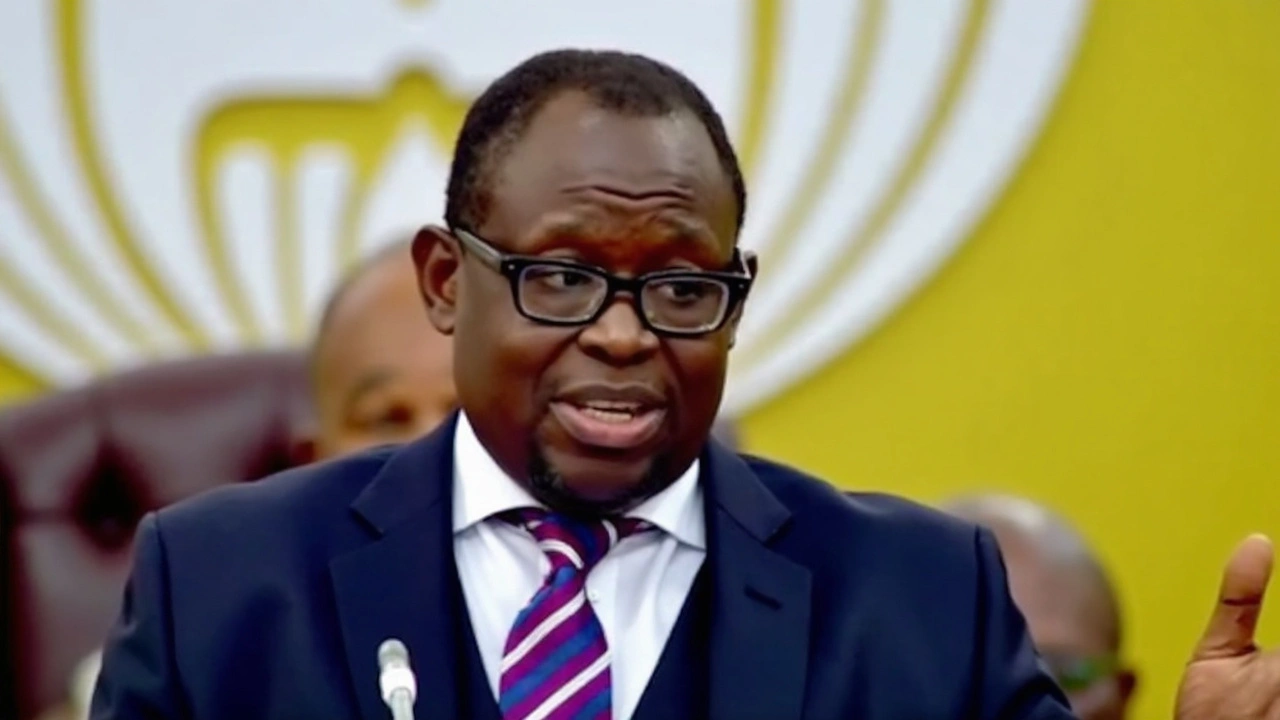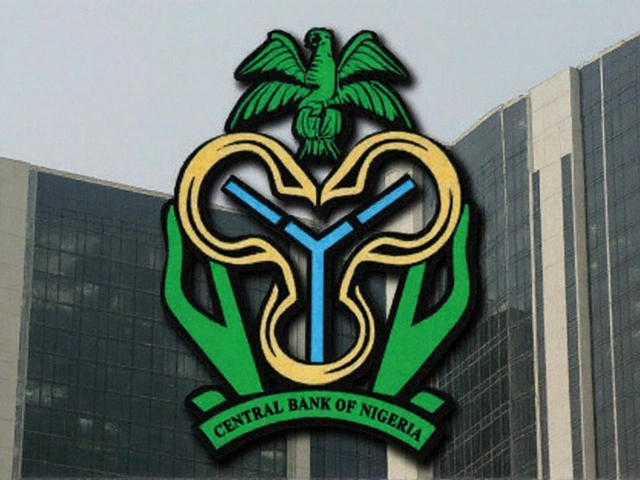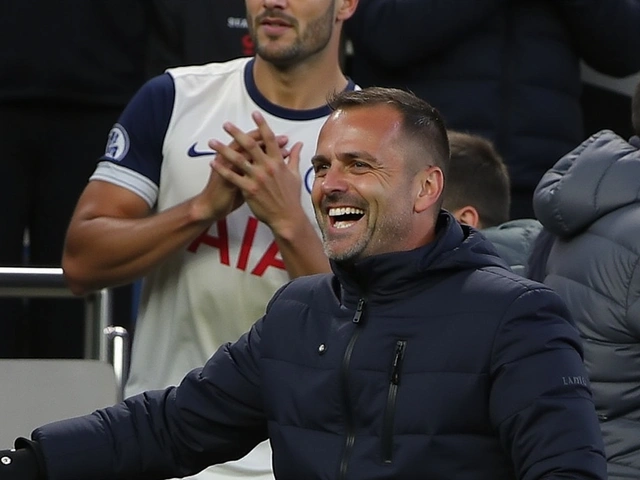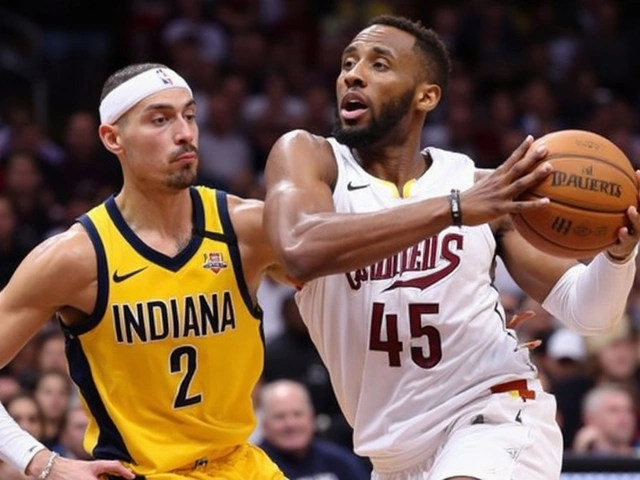In a bold move, the Economic Freedom Fighters (EFF) have launched a fierce opposition against the proposed Value Added Tax (VAT) increase included in South Africa's 2025 Budget Speech. Led by their charismatic leader, Julius Malema, the EFF has accused the government of implementing a cunning strategy to conceal the full extent of a tax increase that could place a heavy burden on the nation's economy over the coming years.
Malema painted a picture of the government’s piecemeal approach to tax hikes, singling out the initial proposal of a 2% rise. However, as he pointed out, this figure was slyly reduced to 0.5% set for both 2025 and 2026. By 2027, this gradual uptick would culminate in a 16% rate — a scenario Malema argues was the government's aim from the outset. For the EFF, this represents not just a financial strain but a breach of trust with the South African people.
The EFF's solution? An ambitious call for higher taxes on big corporations and the nation's affluent individuals. This method, they contend, would lessen the impact on ordinary citizens, allowing them to shoulder less of the tax burden. In an unexpected twist, Malema reached out to their political rivals in the Democratic Alliance (DA). He proposed a collaborative effort to redirect VAT funds towards corporate taxation through jointly drafted budget amendments.
But the sentiment appears one-sided. DA spokesperson Karabo Khaukhau was quick to respond, stating that no discussions on this matter have taken place, leaving a cloud over potential collaboration between the two parties.
The government, represented by Finance Minister Enoch Godongwana, isn't blind to the pressures facing low-income families. In an attempt to counterbalance the blow of a VAT increase, the minister announced the expansion of VAT zero-rating on essential food items. Furthermore, the COVID-19 Social Relief of Distress (SRD) grant will continue until March 2026, backed by a substantial R35.2 billion allocation.
Despite these efforts, the EFF stands its ground. The party has slammed the government's apparent focus on revenue through taxation rather than genuine economic growth strategies. They vocally outrage over the lack of commitment to job creation and crucial reforms in the labor market.
As this complex debate unfolds, the future is uncertain. Will the EFF's pressure reshape fiscal policy, or will the government persist with its plans? South Africans are on the edge of their seats, watching closely as these political dramas play out, knowing the potential impact on their daily lives.







sahil jain
March 12, 2025 AT 23:54 PMSouth Africa’s budget talk is heating up fast, and the EFF’s push against the hidden VAT hike feels like a rallying cry for the everyday worker 😊. By calling out the stealthy tax plan, they’re trying to put pressure on the Treasury before the 0.5% rise even rolls out. If the government really wants to avoid a 16% shock by 2027, they need to be transparent now rather than sneakily stacking the burden.
Bruce Moncrieff
March 13, 2025 AT 22:07 PMMan that’s a bold move honestly it could force the finance folks to rethink their game plan and maybe find a fairer path for everyone.
Dee Boyd
March 26, 2025 AT 10:07 AMFrom an ethical standpoint the covert tax escalation represents a breach of fiscal integrity, a classic case of policy obfuscation that undermines public trust. The discourse is saturated with neoliberal jargon like “revenue optimization” masking regressive outcomes. Citizens deserve clarity, not cryptic increments that disproportionately affect low‑income households.
Carol Wild
March 27, 2025 AT 08:21 AMIt is evident that the government’s approach is not merely a fiscal adjustment but an orchestrated stratagem designed to weaponize taxation against the populace. The incremental 0.5% increase sounds innocuous on the surface, yet it serves as a Trojan horse for the looming 16% ceiling that will be triggered by unseen legislative loopholes. One must consider the historical patterns where similar “gradualist” policies have preceded deep economic contraction, a phenomenon well‑documented in comparative fiscal studies. Moreover, the alleged collaboration with the EFF appears to be a smokescreen, a diversion tactic meant to sow division among opposition parties while the revenue machine continues to grind unnoticed. The inclusion of zero‑rating on essential foods is a calculated concession, a token gesture that masks the larger extraction mechanism poised to siphon wealth from the middle class. If we trace the legislative breadcrumbs, we observe that the taxation authority has been quietly amending its revenue forecasts, inflating numbers to justify the ostensibly modest rise. This pattern aligns with the broader narrative of a stealth tax regime that thrives on public complacency. The conspiratorial undercurrent is reinforced by the timing of the budget release, coinciding with the decline in global commodity prices, thus creating a fiscal vacuum that the government seeks to fill through domestic levies. Critics who dismiss these concerns as paranoia are ignoring a wealth of empirical data that links stealth tax initiatives with rising inequality indices. The political calculus is clear: by framing the increase as a temporary measure, the administration hopes to embed it into the fiscal fabric without encountering mass resistance. Furthermore, the interplay between the EFF’s populist rhetoric and the ruling party’s technocratic veneer creates a feedback loop that dampens critical scrutiny. In this context, the role of civil society becomes paramount, yet it is often stifled by regulatory burdens that limit dissenting voices. The cumulative effect of these maneuvers is a gradual erosion of economic agency among ordinary South Africans. Consequently, the narrative of “growth through taxation” is nothing more than a euphemism for wealth redistribution that favors the elite. Only through vigilant public discourse can this covert agenda be exposed and challenged before it solidifies into irreversible policy.
Rahul Sharma
April 9, 2025 AT 02:54 AMLet’s break down the numbers, the proposed 0.5% rise translates to an additional R120 billion in revenue by 2026, assuming a baseline consumption of R24 trillion. Historically, similar modest increments have yielded disproportionate impacts on low‑income households, because a larger share of their expenditure goes toward VAT‑able goods. Moreover, the zero‑rating on staple foods, while beneficial, covers only a fraction of the basket, leaving many essentials still taxed. If the government truly aims to alleviate pressure, a more progressive solution would involve adjusting corporate tax brackets, increasing the marginal rate for entities with profits above R1 billion, and introducing a wealth levy on assets exceeding R10 million. Such measures would spread the fiscal load more equitably, reduce reliance on indirect taxes, and potentially stimulate employment by freeing up corporate cash flow for investment.
Emily Kadanec
April 10, 2025 AT 01:07 AMi think its more fair to tax the big co's than the everyday folk
william wijaya
April 22, 2025 AT 18:41 PMSeeing the debate unfold feels like watching a high‑stakes chess game where the pieces are ordinary citizens’ wallets. The EFF’s demand for higher corporate taxes could, in theory, balance the budget without hurting the poor, but the political will to implement such reforms remains shaky. Meanwhile, the Treasury’s emphasis on expanding zero‑rated items is a bandaid that won’t stop the underlying pressure of a rising consumption tax. If we keep sliding toward a 16% VAT, the cumulative effect on household spending power could be severe.
Lemuel Belleza
April 23, 2025 AT 16:54 PMSounds like a typical power grab disguised as fiscal prudence.
faye ambit
May 6, 2025 AT 10:27 AMWhile the concern about power dynamics is valid, it’s also important to recognize that systemic change often requires coalitions that bridge ideological divides. Constructive dialogue between the EFF, DA, and the Treasury could yield a hybrid strategy that combines modest corporate tax hikes with targeted social subsidies, thereby mitigating the regressive impact of VAT without resorting to extreme measures.